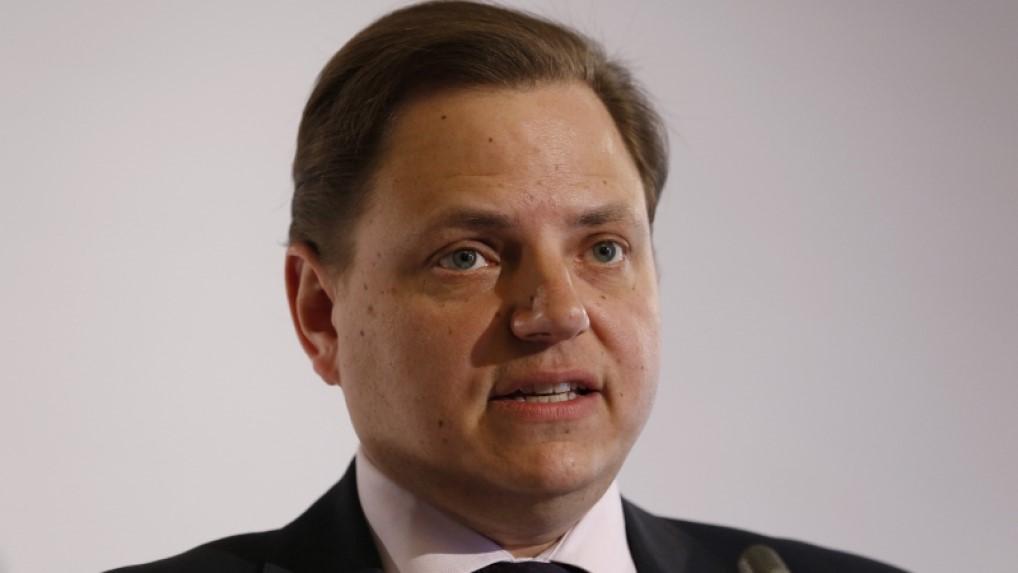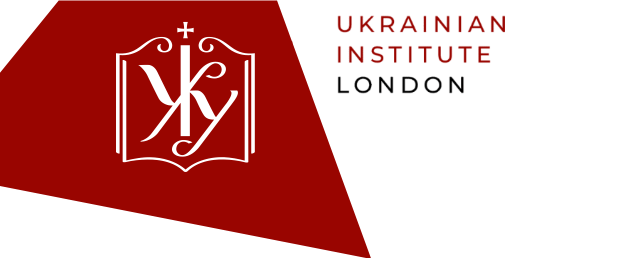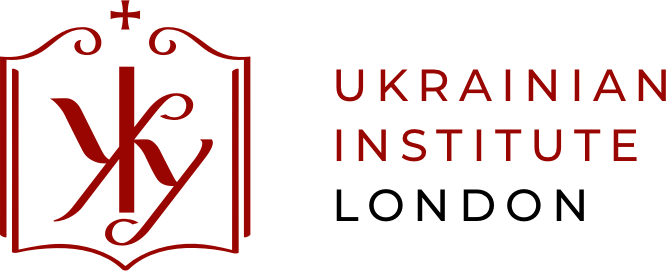A press release published by the Ukraine Crisis Media Center in Kyiv on 4 April 2014, following a briefing by Andy Hunder, director of the Ukrainian Institute London.

AUTHOR
UCMC Press Center
“What the UK is focusing on now is on the role it can play as we understand that Vladimir Putin is more afraid of the banks than tanks”, said Andy Hunder, Director of the Ukrainian Institute London, during a briefing at the Ukrainian Crisis Media Center.
Hunder believes that the UK is in a very strong position to play a leading role in curbing Russia’s aggression – and should do so for the following reasons:
– Strong dependence of the Russian financial system on the UK. Russia has significant financial and non-financial interests in the UK to which pressure can be applied. Russian residents and firms own approximately £27 billion worth of UK assets; many of these are owned by a small number of known supporters of President Putin. UK financial services are vital to Russian companies and that’s where Russia is vulnerable. Russian companies, particularly in financial services and the energy sector, rely heavily on international capital and insurance markets based in London. At least 4 of the top 10 Russian companies listed on the stock exchange (worth over £250 billion market value) are substantially owned by the Russian Government.
– Low dependence of the UK on the Russian economy. The UK’s exposure to Russia is much smaller than commonly perceived. The UK’s exports to Russia account for only 1.76% of total UK exports. The UK banking system has lent only £19 billion out of a total of £242 billion Russian debt.
– London needs to maintain its reputation for transparency to remain a global financial centre. Failure to act against companies linked to internationally recognised aggression will exacerbate the growing concerns about London’s reputation.
Mr. Hunder noted that the UK can set an example for the EU in extending economic response to the Russian Federation’s annexation of Crimea by imposing the next phase of economic sanctions:
– Extending asset freezes and travel bans to all known individuals associated with Russia’s aggression, as well as to all state-owned companies and their senior officials;
– Restricting Russian companies’ access to UK banking and insurance services;
– Requesting that all asset owners disclose and explain significant interests in companies linked to the Russian regime.
The expert stressed that now that the UK has elections coming up, every politician and every political party are very sensitive to people’s preferences, and British people are favouring Ukraine, according to a recent survey by YouGov:
– 53% of UK citizens have their sympathies on Ukraine’s side, as compared to 3% on Russia’s;
– 50% of UK citizens think that the situation between Ukraine and Russia is something that should concern Britain and the West;
– 58% of UK citizens very or fairly closely follow the news on Ukrainian protests and the Russian invasion in Crimea.
This press release was originally published by the Ukraine Crisis Media Center in Kyiv on 4 April 2014.
The recording of the briefing is available to watch below.



